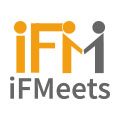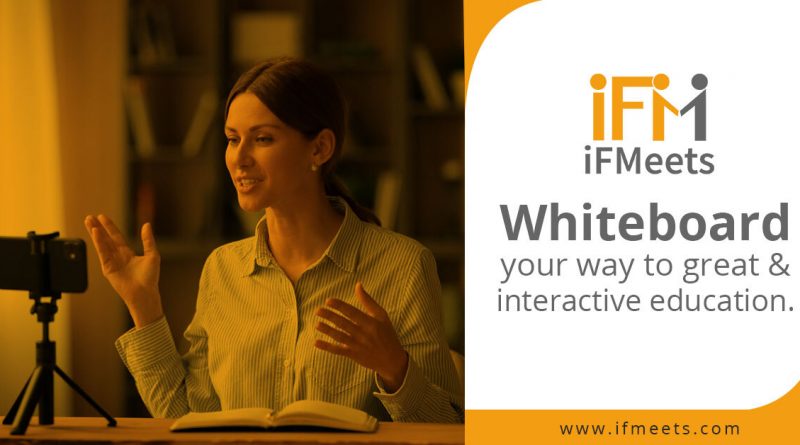Whiteboard your way to great & interactive education
- Messy hands and conventional chalks are long gone
- Digital whiteboards are a new norm wherein students can draw and write with digital pens or use a mouse
- Unlike traditional whiteboards that use color markers, digital whiteboards use digital stylus pens or other devices for students to write, draw, or, design
- Digital whiteboards can be connected to audio and video to build interactive presentations and collaborate using screen-sharing from any device in real-time
- Digital whiteboards provide students and teachers the ability to save whiteboard presentations for future reference
- Modern cloud-based video conferencing software are light-weight applications that can be accessed from various devices viz. tablet, phone, or a laptop
- Simplifying the learning process is what schools, universities, and other institutions are looking at, but when it comes to teaching children, getting their attention is what’s important
Let’s consider a few benefits of white boarding in the education sector.
Whiteboards make it easier to build structured lessons & brainstorm sessions.
- A digital touchscreen allows teachers to write, sketch, and import files and photos with a simple stylus or their fingers
- Modern video conferencing software allows teachers to erase or save their presentations with a detailed description of the lesson
- Conventional whiteboards made it extremely difficult for teachers to build content by spending hours and again rewriting new content for the next class
- Conventional whiteboards never gave teachers the ability to create and save their work as that is not possible
- On the contrary, a digital whiteboard can record and save every piece of content for future review.
Whiteboards facilitate engagement between students and teachers.
- Getting student attention and creating engagement with various students can be a challenge for teachers and students.
- Digital whiteboards provide a plethora of opportunities for teachers to create an engaging ecosystem wherein students can interactively leverage various learning styles.
- As students have various styles of learning, some prefer audio, some video, or some even prefer learning through images.
- A whiteboard makes students more focused through visual & immersive learning.
- Teachers can create question sets for students to engage with and get the right answers on the whiteboard itself
Making the learning process interactive & fun.
- As whiteboarding creates an engaging scenario, it also makes students interact with one another, this fuels a child’s interest in using digital whiteboards to write, draw, and play games after a class are done
- With so many touch points, students can multitask viz. sketch a shape, and at the same time solve a simple math problem.
- Learning content can be presented memorably and creatively. Importing files and images is a great feature kids can leverage in real-time to draw, doodle, etc.
Greater interactivity for students without attending class.
- With internet access, students can easily join or attend a class through video or audio and then switch to white boarding once the teacher starts presenting learning content in real-time.
- Web conferencing software helps students take notes, make changes on the whiteboard, and stay engaged for the entire class.
Teachers can create lectures for different classes through data compartmentalization.
- As web conferencing platforms are cloud-based, they are easy to use
- Teachers can leverage this feature to create class-wise or topic-wise content through features like compartmentalization, wherein each piece of content, be it topic-wise or class-wise can be taught and recorded
Wrapping it up
- Moving forward, video conferencing software will experience greater market penetration as teachers and students are practically using it daily to conduct classes
- Spending more time on these platforms using the whiteboard will continue to build a stronger student-teacher ecosystem that creates a win-win situation for both.
Visit Us:- www.ifmeets.com

